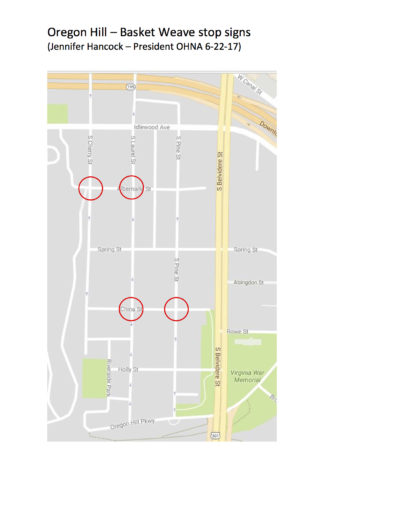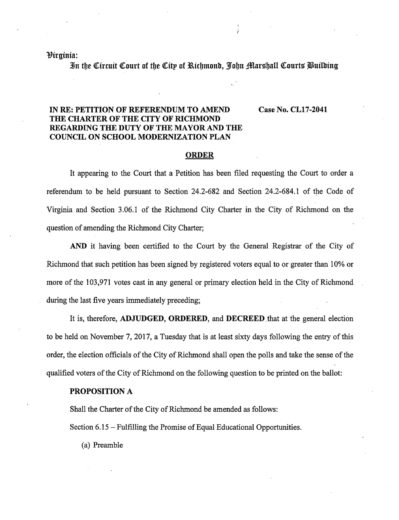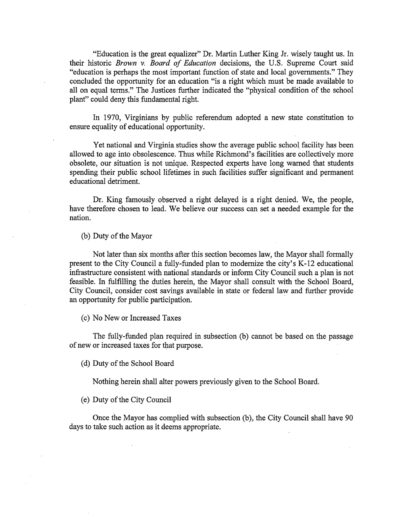Times Dispatch music review the next day:

He calls it the Jimi Hendrix Experience, and like it or not, that’s what it is.
Hendrix is a soft-spoken Negro. He plays his innovative style of music with two English boys, and While the sound is white, what Hendrix himself does is alternately intellectual or frenzied.
He was dressed for last night’s Mosque concert in bellbottom cerise pants. He also wore an exotically embroidered vest over a black shirt, two belts — one wide and gold — and three ornate rings. His carefully clipped hair stands high and round like a topiary tree.
Hendrix, who taught himself guitar by listening to old rhythm and blues artists, has put that style of music aside.
Instead, he has originated a music of his own, using amplifiers and electronics as a part of it.
The result is a lot of noise and harsh sound, but listen carefully and there are some startling musical effects emerging.
Such as when he uses the shrill sound of feedback as a key note in his harmony, or when the overtones that swell over and beneath his music become an intrinsic part of it.
Intricate Figures
Other than that, his musical understanding is shown in the intricate figures he weaves on the guitar, often holding the instrument tight against his chest, as if he were a human resonator. At other times he is strictly a sensational showman, as when he swings the guitar between his legs, or lifts it high and seems to chomp on it like an ear of corn. All time he keeps playing, never losing the thread holding the song together.
Between shows the 24·year-old sensation of Europe and the United States, was a warm, but shy person, tired from the hectic grind of one-night stands, on an eight-week tour, but happy to make his music and have it appreciated.
Traveling in the same musical package is a group known as The Eire Apparent, a group of terribly young and strangely dressed young men – one looked as if he had borrowed his Aunt Fanny‘s hat – who display a good deal of talent; and a three man group called The Soft Machine that features a topless drummer, a leather-jacketed organist and a guitarist, complete with Stetson hat, who looked like Cat Ballou, as he slumped over his guitar.
It was almost impossible to bear the music out front, as it was so amplified. But backstage, where the resonance wasn’t as strong, the music the two lesser—known groups made was much more palatable. Too bad they can’t give up those umbilical cords that tie them to their sound boxes, or at-least hear how they negate their own efforts with the amplification.
When the amplifiers are lowered, and the music emerges a bit more, one realizes that Hendrix is playing blues and protest songs, as much as he is fiery, possessing ones.
He dedicated “I Don‘t Live Today” to “all the self-appointed soldiers in St. Petersburg, Chicago, Vietnam and, or yes, the American Indian.” The song ends in a special effect like a catcall. His “Red House Blues” displayed his original harmonic technique around the old jazz form, but his version a squalling, wailing blues — the lament is there, but it is shriller. In fact, if the music is representative of Hendrix’ own soul, then his soul seems to be a shrieking and demanding a place in the sun.






